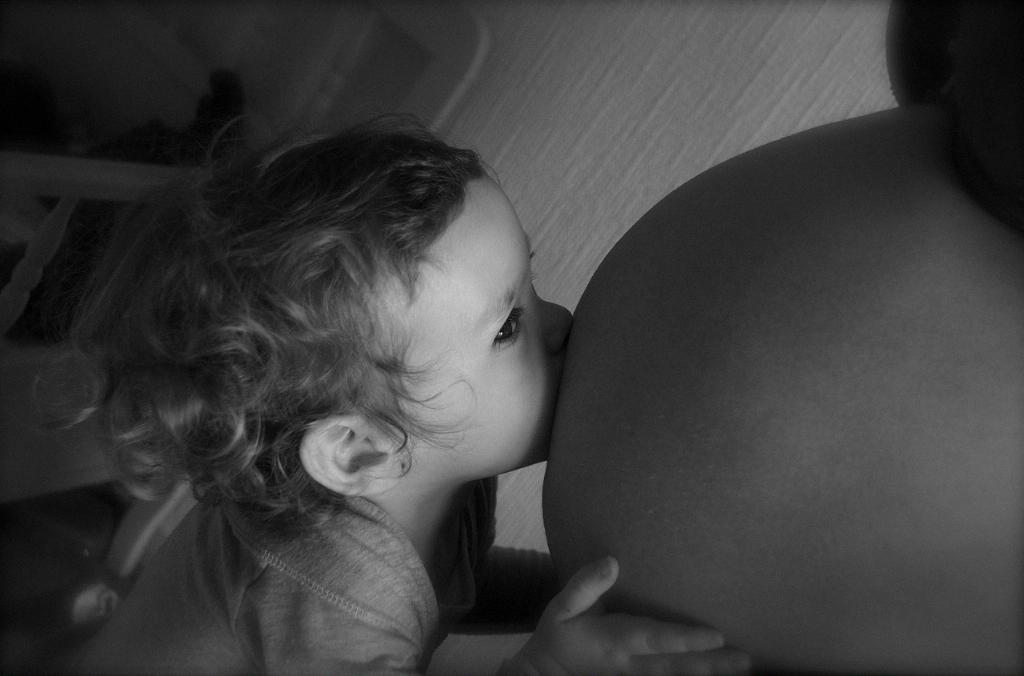So, you’ve had a C-section and now you’re dealing with that dreaded itchiness around your scar. It can be annoying, uncomfortable, and even concerning, but rest assured, it’s a common occurrence. Let’s delve into the reasons behind why your C-section scar may be itching and what you can do about it.
1. Nerves and Sensitivity
One of the primary reasons for the itchiness of your C-section scar is the sensitivity of the nerves around the incision site. During the surgical procedure, these nerves can be damaged or disrupted, leading to heightened sensitivity as they start to heal.
2. The Healing Process
As your body works to repair and regenerate the tissues around the C-section scar, the nerves and surrounding skin are also undergoing a healing process. This healing phase can trigger sensations of itchiness as the damaged nerves become more active.
3. Scar Tissue Formation
Another factor that contributes to the itchiness of your C-section scar is the formation of scar tissue. The development of scar tissue can cause tightness and tension around the incision area, leading to discomfort and itching sensations.
4. Clothing Irritation
The type of clothing you wear can also play a role in exacerbating the itchiness of your C-section scar. Certain fabrics or tight clothing can rub against the sensitive skin, further irritating the healing incision and triggering itching.
5. Dry Skin
Keeping the skin around your C-section scar well-hydrated is crucial for promoting healing and reducing itchiness. Dry skin can aggravate the sensitivity of the scar tissue, making it more prone to itching.
6. Hormonal Changes
Postpartum hormonal fluctuations can also impact the condition of your C-section scar. Changes in hormone levels can influence the healing process of the skin and tissues, potentially contributing to itchiness and discomfort.
7. Infection Risk
While itchiness is a common part of the healing process, it’s essential to be vigilant for signs of infection around your C-section scar. Persistent or worsening itchiness, along with redness, swelling, or discharge, could indicate an infection that requires medical attention.
8. Psychological Factors
Dealing with an itchy C-section scar can also have psychological effects, causing stress, frustration, or anxiety. It’s essential to address these emotional aspects and seek support if needed to ensure your overall well-being during the healing process.
9. Avoiding Scratching
While it may be tempting to scratch your itchy C-section scar, resist the urge to avoid causing further damage or complications. Scratching can disrupt the healing process, increase the risk of infection, and lead to delayed recovery.
10. Gentle Care and Moisturizing
To alleviate the itchiness of your C-section scar, practice gentle care and moisturize the area regularly. Using a mild, fragrance-free lotion or cream can help soothe the skin, reduce dryness, and ease the discomfort of itching.
11. Consultation with Healthcare Provider
If the itchiness of your C-section scar persists or becomes severe, don’t hesitate to consult with your healthcare provider. They can assess the condition of the scar, provide guidance on proper care, and recommend treatments to relieve itching and promote healing.
12. Patience and Self-care
Above all, be patient with the healing process of your C-section scar and prioritize self-care. Listen to your body, give yourself time to recover, and seek assistance if you have concerns about the itchiness or any other aspect of your postoperative healing journey.

